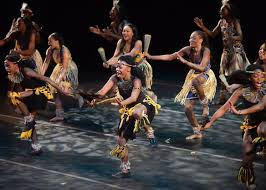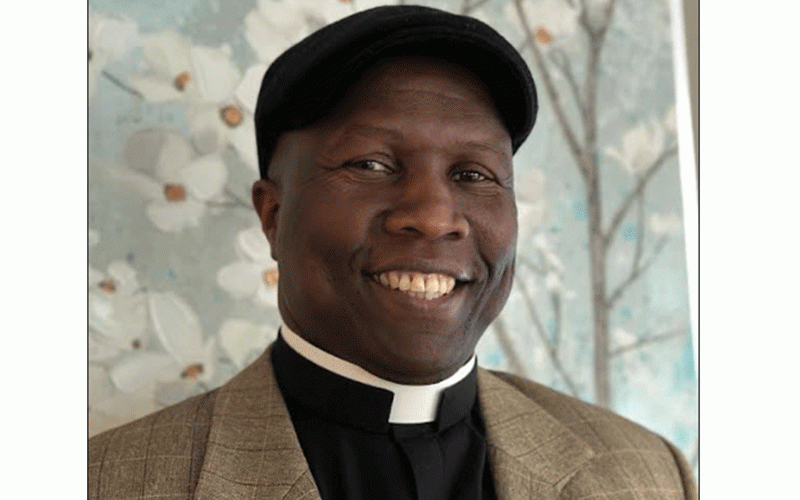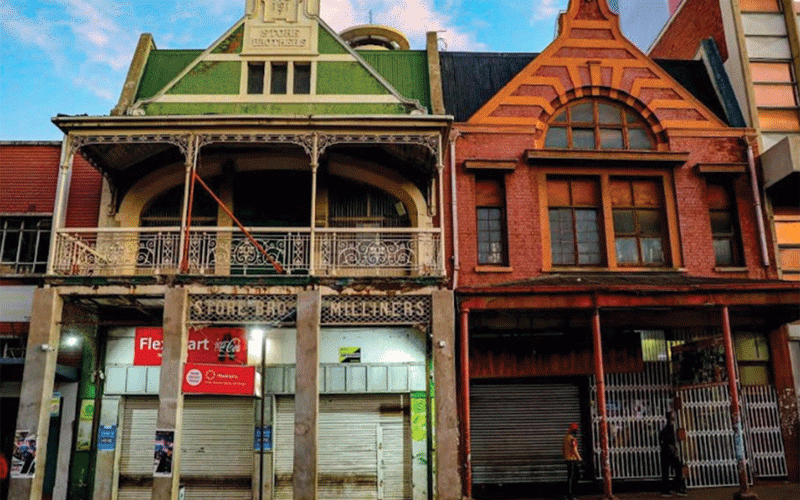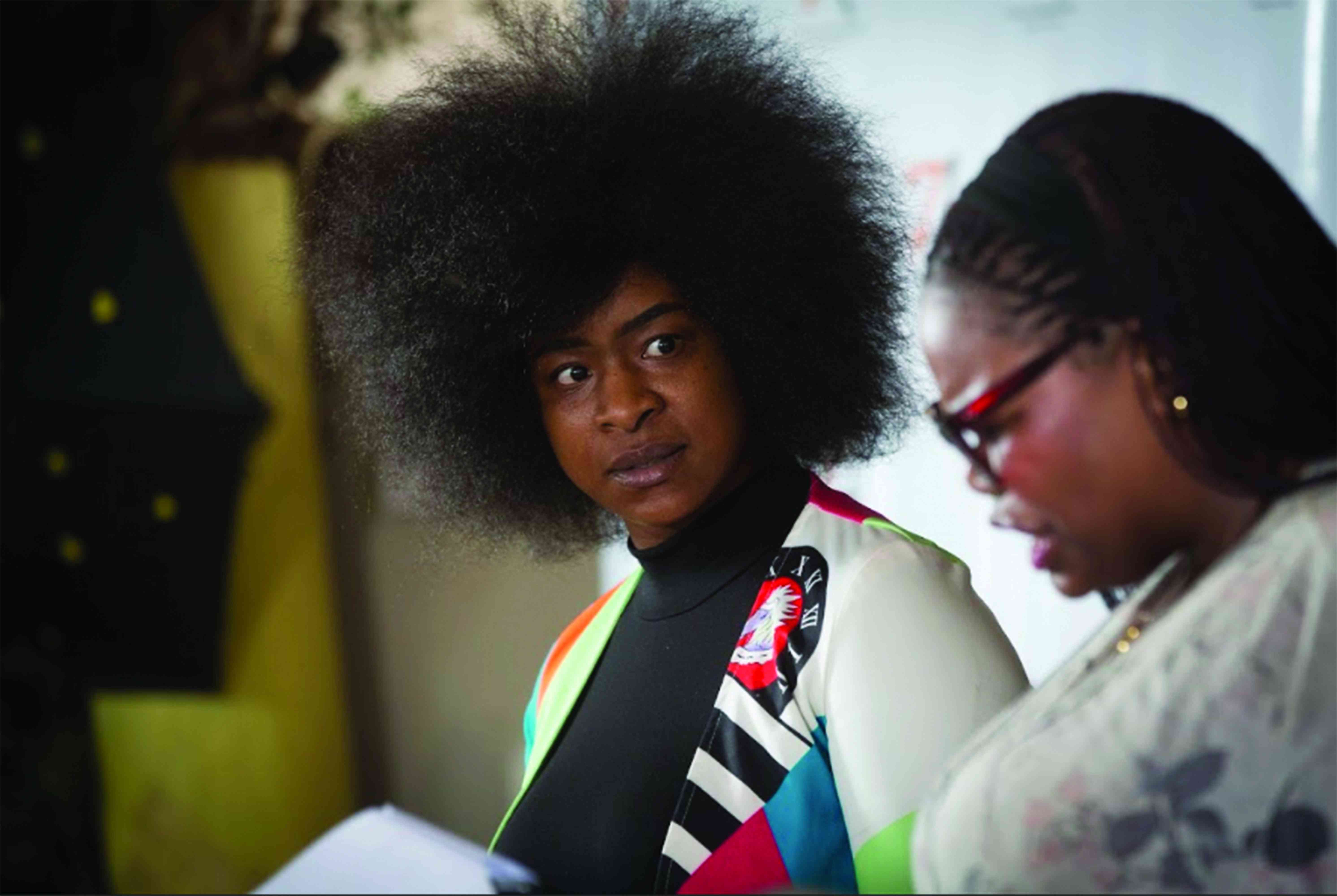
FOR nearly three decades, French-born dancer and choreographer Soukaina Marie-Laure Edom has been a driving force in Zimbabwe’s dance and performing arts scene.
Arriving in Harare in 1996, she brought with her a wealth of expertise honed in France, the United States including her home country, Guadeloupe in the FWI (French West Indies), where she began her dance training.
She attended the Académie Internationale de la Danse (AID) in Paris and later went on to further her dance education in New York City with the world-renowned Alvin Ailey Dance Centre and Joeffrey Ballet School.
Specialising in modern, tap, jazz, Afro-Caribbean, and West African dance, Soukaina has since dedicated her career to nurturing Zimbabwean talent.
For 18 years, she curated the dance programme for the Harare International Festival of Arts (Hifa) and directed training initiatives such as the Dance Foundation Course under the Dance Trust of Zimbabwe.
As the founder of AfriKera Arts Trust (2014), co-founder of the Essence of Women Dance Ensemble, and a key figure behind The Arts Gathering (TAG) Festival, she has shaped dance education and performance platforms that reach underserved communities particularly in Harare’s high-density suburbs.
“Afrikera was also part of a choreographic film entitled Making Men, Soukaina shared with IndependentXtra. The performance project shot in Harare and Brussels, Belgium, explores the theme of masculinity and was created by Belgian-based Sierra Leonean choreographer Harold George of Dunia Dance Theatre.
Her latest endeavour was a culinary and dance fusion collaborative showcase alongside Chef Cola, the founder of a vegan lifestyle brand African Vegan on a Budget. The event was part of the Harmonies of Expression one day festival hosted at the National Gallery of Zimbabwe on May 10.
- Soukaina Edom shapes Zim dance and performing arts
Keep Reading
Titled “From the field to the plate”, the visual performances follow a narrative arc structured into four thematic scenes: In the fields, Back in the village, The Food, and Let’s eat! It is defined as a conference in motion between the two creatives, with the choreographic and musical material of the project woven into Chef Cola’s script.
Traditional music characterised by drumming, mbira playing and dance motions that mimicked women working in the fields, sweeping the homestead or pounding grain, gave each scene a distinctive portrayal of a centuries old African tradition practised by women in their role of feeding nations, all the while transitioning between field and house chores.
The time travel scenes were brought to life by Essence of Women Dance Ensemble from AfriKera. It comprised Catherine Douglas, Chaleen Chimara, Dazel Matake, Sasha Kakono, Michelle Muzulu, and Simangaliso Mutize.
In the final scene — a lively ode to the production’s Let’s Eat theme, the audience was treated to a taste of Chef Cola's deep fried sadza nuggets filled with crispy vegetables and served on a bed of tomato puree. “It’s a dish that honors our roots while embracing creativity and innovation in plant-based cooking,” Chef Cola explained.
Beyond pairing vegan cuisine with interpretive dance presentations, the festival saw collaborations between Zimbabwean and European creative practitioners being activated through multi-faceted cultural engagements that showcased live music by local Afro-Jazz musician Nasibo, who shared the stage with Somali-Swedish artist Cherrie, Bantu Spaceship and German techno DJ/producer Korloz.
The event showcased upcycled fashion and multimedia art, organised by the Swedish Embassy in collaboration with several EU member states through the EU National Institutes for Culture (EUNIC Zimbabwe).
Through her dance institution, Soukaina has created a platform for young local dancers to collaborate with international artists, notably during Un, Deux, Trois, Danse (One, Two, Three Dance), a two-part dance production hosted at Alliance Francaise de Harare on April 25. It was graced by Chantal Loial, a fellow Guadeloupean and founder of Dife Kako Dance Company.
The performances spoke to different themes, notably the celebration piece Umfecane, a collaborative presentation by Othnell Mangoma Moyo and his son Vuyo Moyo. Asikana portrayed child marriage predicaments while Kun’yambika addressed drug addiction.
The second act featured a revisit of Loial’s performance of They Call You Venus #2, which she originally created as a solo fourteen years ago. It is about the haunting story of Saartjie Baartman, the Khoekhoe woman who was exhibited as a freak show attraction in 19th-century Europe. In the production, she collaborated with a female cast of AfriKera dancers, including musicians and singers.











